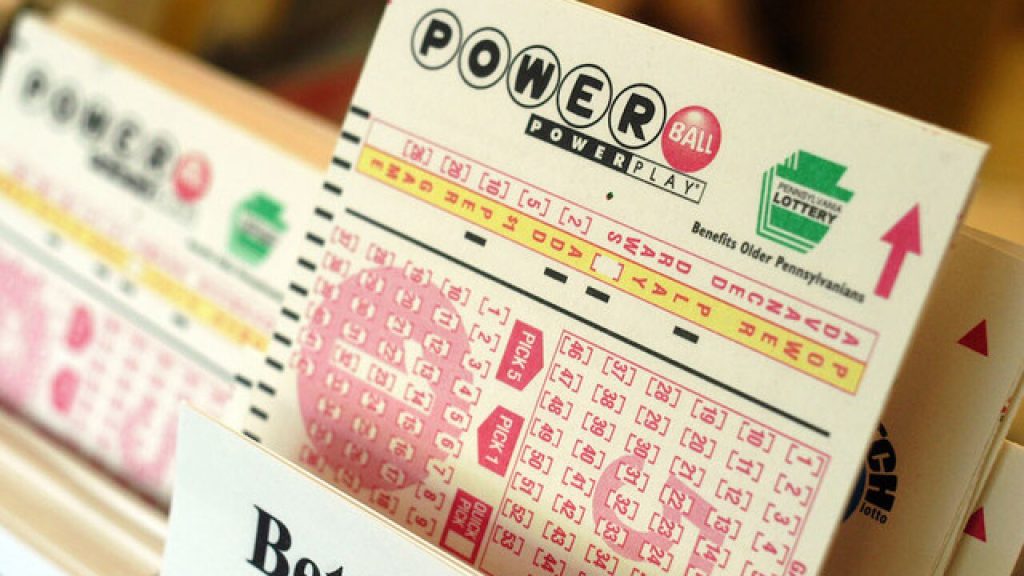
Powerball
Powerball jackpots have been delayed in the US multiple times recently, most recently on February 15th. This news has caused a lot of uproar, with many people calling for the lottery to be cancelled outright. In this blog post, we will explore some of the reasons behind these delays and why people are so upset. We will also explore some ways that you can ensure that your ticket gets you as much money as possible.
How Powerball works
Powerball is a lottery game in the United States that began Nov. 19, 1994. The game is played in 43 states, the District of Columbia and Puerto Rico. Powerball has three main categories: base ball, scratch-offs and jackpots.
The base ball portion of the Powerball game has six balls numbered 1 through 69 with two balls drawn for each number. The object of the game is to match all six numbers drawn. The first player to do so wins the jackpot. If no one matches all the numbers, then the jackpot rolls over to the next drawing on Jan. 6 and 7.
The scratch-offs portion of Powerball offers players the opportunity to win up to $5 million by matching five of six randomly selected numbers on a ticket. Players can choose one number from 1 through 25 and four numbers from 26 through 47 (not including the number chosen for matching). Players can also choose whether they want their prize money in cash or in annuity payments over 20 years with interest paid monthly starting on the day after receiving their check or transfer (whichever comes later). Here is more details 파워볼사이트추천.
In addition to these two main categories, Powerball also features a multi-million dollar grand prize called the Mega Millions® Jackpot that starts at $40 million and increases by $1 million every day until someone wins it. As of June 30, 2017, there have been 257 Mega Millions drawings since play began on Oct. 15, 2002
How Powerball determines the winner
Powerball is a lottery game played in the US. The game is based on numbers randomly selected from a field of 69. Powerball drawings are held on Tuesdays and Fridays. Players can buy tickets in advance or at the game. Tickets cost $2 each, and players have a chance of winning any prize up to $250 million, which has happened twice.
To determine the winner, Powerball uses an algorithm that takes into account not only the number selected but also how many balls were drawn and where they landed. If two or more people have the same number (or subset of numbers) drawn, then their tickets are checked to see if they match any specific numbers drawn in previous games or across all games played that day. If they do match, then their shares of the prize are calculated and paid out as specified in their ticket(s).
Why Powerball jackpots are delayed in the US
One of the most common complaints about lottery games in the United States is that they are often delayed. This has been especially true for Powerball, which has had a consistently long delay time since it began being played in 1992. The following are four reasons why Powerball jackpots have been delayed in the US.
1) Lottery companies need to obtain federal and state permits before they can begin selling tickets. This process can take some time, particularly if there is a high demand for tickets.
2) There is always the potential for fraud when it comes to lotteries. This means that companies have to put in a lot of effort to make sure that all of their procedures are up to date and that there is zero chance for fraud happening.
3) In order to ensure fairness among players, lottery companies must wait until all of the tickets have been sold before they release the jackpot information. This ensures that no one player has an unfair advantage over any other player.
4) Finally, lottery companies must wait until all of the tickets have been sold before they pay out any prizes. If there are any problems with processing all of the ticket sales, this could lead to delays in paying out prizes.
Conclusion
The lottery has been a major draw for Americans since it was created in the late 19th century. But the Powerball jackpot — which stands at an eye-popping $1.6 billion as of this writing — is sparking some controversy because it’s taking so long for tickets to be sold in some states. In fact, only 38 percent of all Powerball tickets have been sold so far this year, compared to 66 percent during the same period last year. Media coverage of the lottery and its impact on state budgets has led to some legislators calling for changes to how Powerball is run. There are proposals underway in at least six states (Arizona, California, Florida, Kansas, Missouri and North Dakota) that would allow residents to purchase fixed-number tickets rather than picking from a group of options like they do now. Is this widespread anger justified? We’ll leave that up to you to decide… but one thing is clear: The lottery isn’t going anywhere anytime soon, so investors might want to start thinking about ways they can get their piece of the pie by investing in lotteries outside of US borders.






